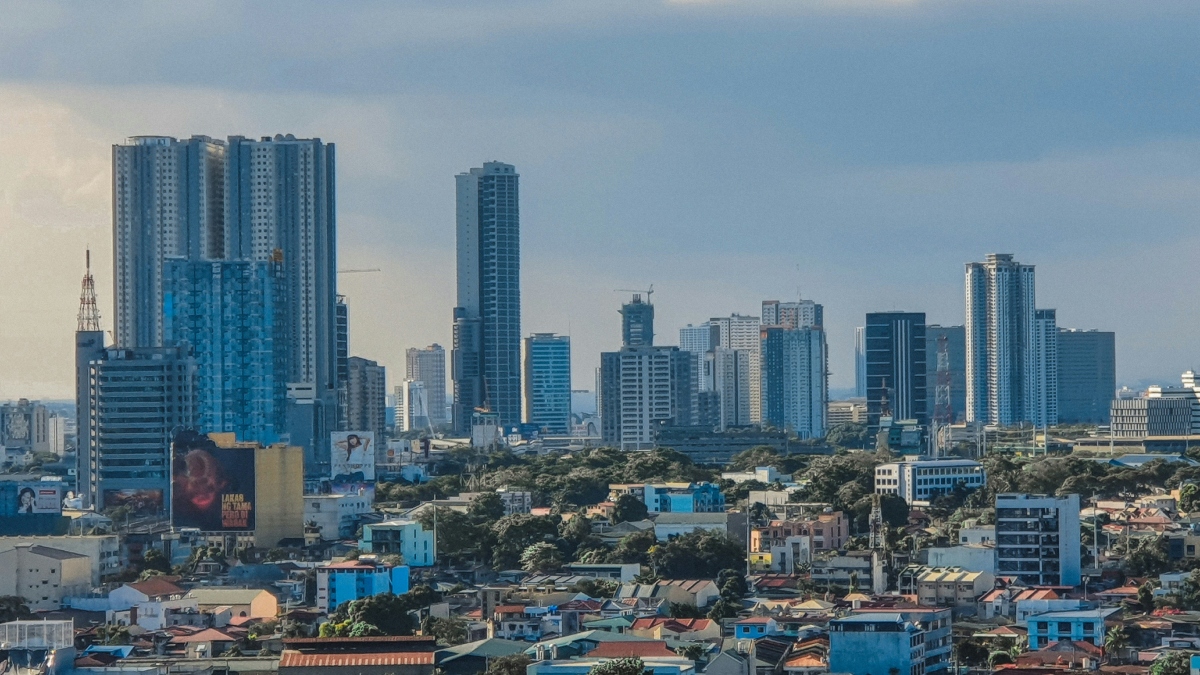Inflation in the Philippines continued its downward trend in April 2025, easing to 1.4% from 1.8% the month prior, the Philippine Statistics Authority (PSA) announced Tuesday. This marks the slowest inflation rate since November 2019 and brings the year-to-date average to 2.0%.
PSA chief Dennis Mapa attributed the slowdown to softer food price hikes and lower fuel costs. “Food inflation at the national level dropped significantly to 0.7% in April from 2.3% in March,” he said in an ABS-CBN News report, noting that food inflation stood at 6.3% in April last year.
Rice prices saw notable declines, with regular milled rice falling to ₱44.45 per kilo from ₱46.09 in March, while well-milled rice averaged ₱50.54, down from ₱52.25. Prices of vegetables, cooking bananas, and pulses also saw slower increases, while inflation for fish and seafood eased to 4.3%.
Transport costs further helped pull inflation down, with a sharper annual drop of 2.1% in April compared to 1.1% in March. This was largely due to cheaper fuel, with gasoline and diesel recording price declines of 12.4% and 8.3%, respectively.
However, some sectors saw upward pressure. Inflation for housing, utilities, and fuel rose to 2.9%, driven by a spike in electricity rates to 5.4% and water prices to 6.3%. “Electricity demand rises during summer months, which likely pushed prices up,” Mapa explained.
Core inflation, which excludes volatile items like food and energy, remained steady at 2.2%—unchanged from March, but slower than the 3.2% rate recorded in April 2024.
In Metro Manila, inflation came in higher at 2.4%, mainly due to costlier housing and utilities, which surged to 5.1% from just 2.2% in March.
The Department of Economy, Planning, and Development (DEPDev) welcomed the data, saying it reflects the effectiveness of ongoing efforts to manage price pressures. “We will continue to closely monitor price shocks and proactively address inflation risks,” said Undersecretary Rosemarie Edillon.
Despite the improving numbers, the Bangko Sentral ng Pilipinas (BSP) remains cautious. It warned that inflation risks remain “broadly balanced,” pointing to potential increases in transport fares, meat, and utilities. On the flip side, BSP cited easing global demand and lower rice import tariffs as potential dampeners.
BSP Governor Eli Remolona has previously indicated that gradual interest rate cuts may be on the horizon, noting the Philippines’ lower exposure to global trade tensions compared to its neighbors.






